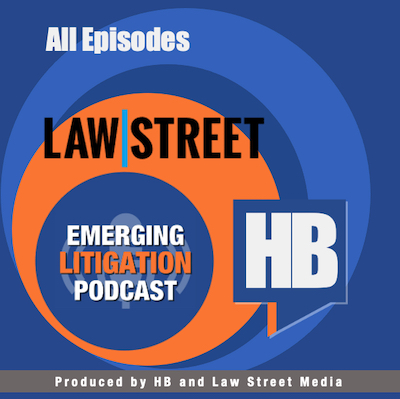Top Legal Risks with Generative AI
AI poses tremendous benefits and significant legal risks for
businesses. From algorithmic bias to copyright infringement, right
of publicity, and web scraping, we can expect to see AI-related cases
filling court dockets for years with courts applying well-established
existing law as well as laws soon to come.
Abstract:
AI is dramatically transforming our world in positive and negative ways. Among the positives, AI makes it amazingly fast to make decisions or create interesting content. Among the negatives, AI makes it amazingly easy to violate, even unknowingly, a variety of laws. In the near future, we can expect to see a robust body of “AI law” through federal and state legislative action, as well as Federal Trade Commission and other agency rulemaking. But the absence of “AI law” today does not mean there is no law. Rather, businesses are being sued every day for alleged misuse of AI in violation of well-established existing law. As discussed in this article, the courts are seeing a host of AI cases involving a variety of issues, including algorithmic bias, copyright infringement, right of publicity, and web scraping.





